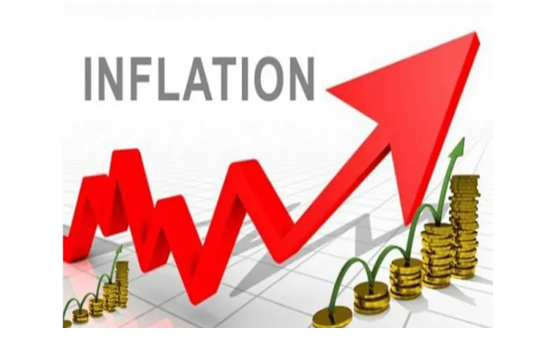INP-WealthPk
Ayesha Saba

As inflation continues to rise and purchasing power declines, Pakistan is facing a complex economic challenge, requiring urgent attention from the policymakers. The sharp drop in bank borrowing is a clear sign of the distress faced by businesses and households. Talking with WealthPK, Policy Advisor to the Islamabad Chamber of Commerce and Industries (ICCI) Majid Shabbir said inflation had surged to its highest levels in decades, driven by a combination of global commodity price hikes, supply chain disruptions, and domestic economic policies. “CPI has consistently shown double-digit growth over the past year, eroding the purchasing power of the average Pakistani household. Essential commodities like food, fuel, and utilities particularly have seen sharp price increases, leading to a decrease in discretionary spending. He argued that the current economic strain was a result of both external and internal pressures.
The country’s heavy reliance on imports for essential goods has made it particularly susceptible to global price fluctuations. Moreover, the depreciation of the Pakistani rupee against major currencies has further inflated the cost of imports, compounding the inflationary pressures. The impact of declining purchasing power is not limited to households; businesses, especially small and medium-sized enterprises (SMEs), are also feeling the crunch. With the rising costs of raw materials and a shrinking customer base, many businesses are scaling back operations or delaying expansion plans. This cautious approach is reflected in the significant drop in corporate borrowing from banks. He warned that the current economic strain could have long-term consequences if not addressed promptly. The decrease in borrowing and lending activity reflects a broader lack of confidence in the economy, which could stifle growth and lead to higher unemployment rates. In the longer term, he recommended structural reforms to improve the overall economic resilience. This could include measures to diversify the country’s export base, reduce dependence on imports, and promote sustainable domestic industries.
Additionally, improving governance and reducing bureaucratic hurdles could enhance the business environment, making it easier for entrepreneurs and businesses to operate and thrive, he suggested. In response to the rising inflation and a decline in purchasing power, there has been a noticeable reduction in borrowing from banks across Pakistan. According to the data released by the State Bank of Pakistan (SBP) recently, the trend of taking loans for vehicles, houses, and personal needs has significantly decreased. Data reveals that in July 2024, the total loans taken for vehicle purchases stood at Rs228 billion, marking a 20% decline from Rs285 billion in July 2023. This sharp decrease reflects the financial strain on consumers amid escalating inflation. Similarly, borrowing for housing also saw a downturn. In July 2024, loans for house purchases amounted to Rs203 billion, a 4% drop from the previous year. Overall consumer financing, which includes various types of personal loans, fell by 6% on an annual basis, with the total volume recorded at Rs802 billion in July 2024.
Credit: INP-WealthPk













